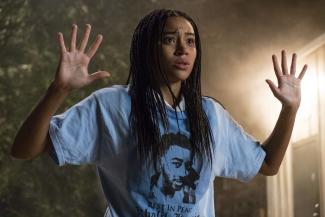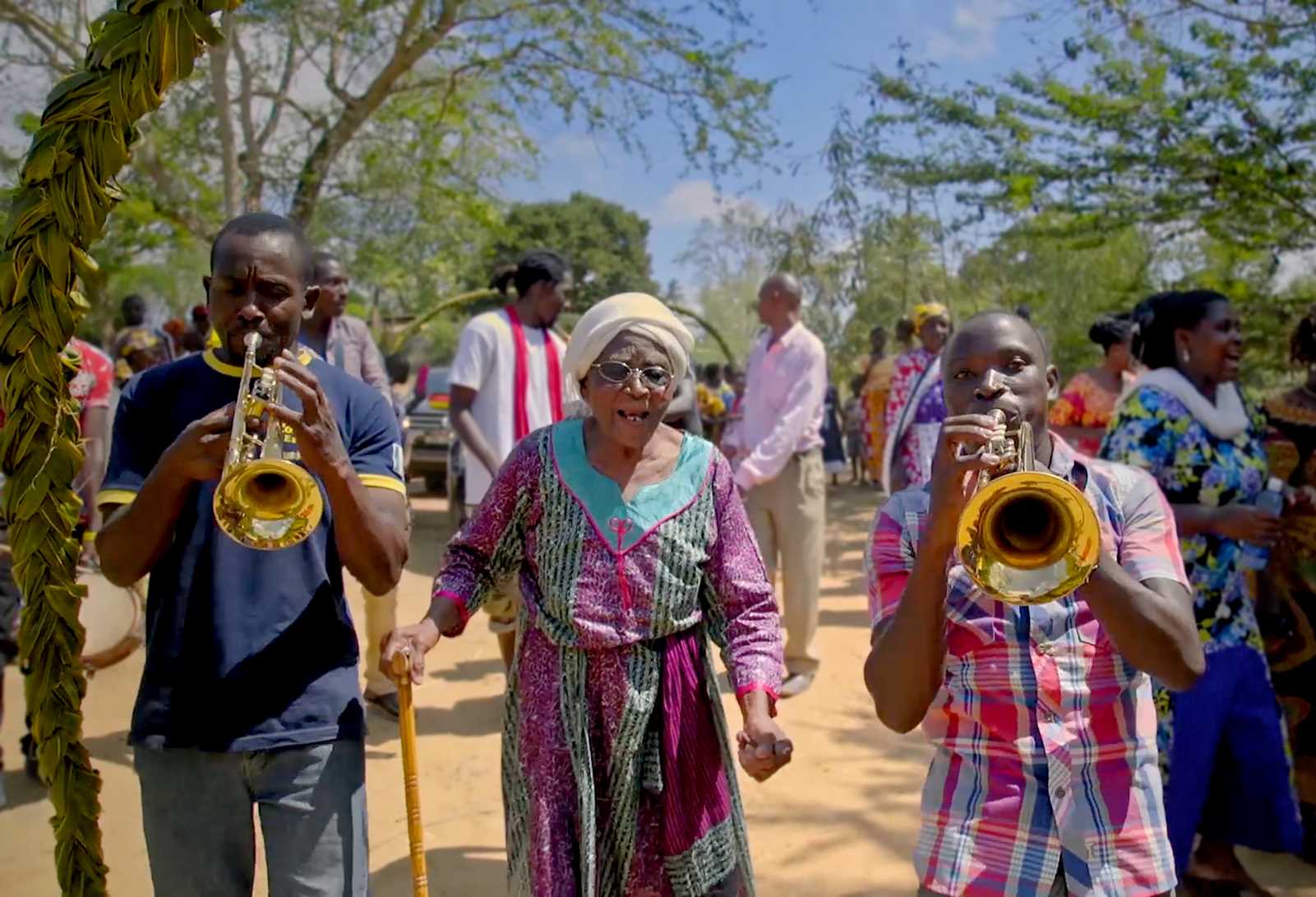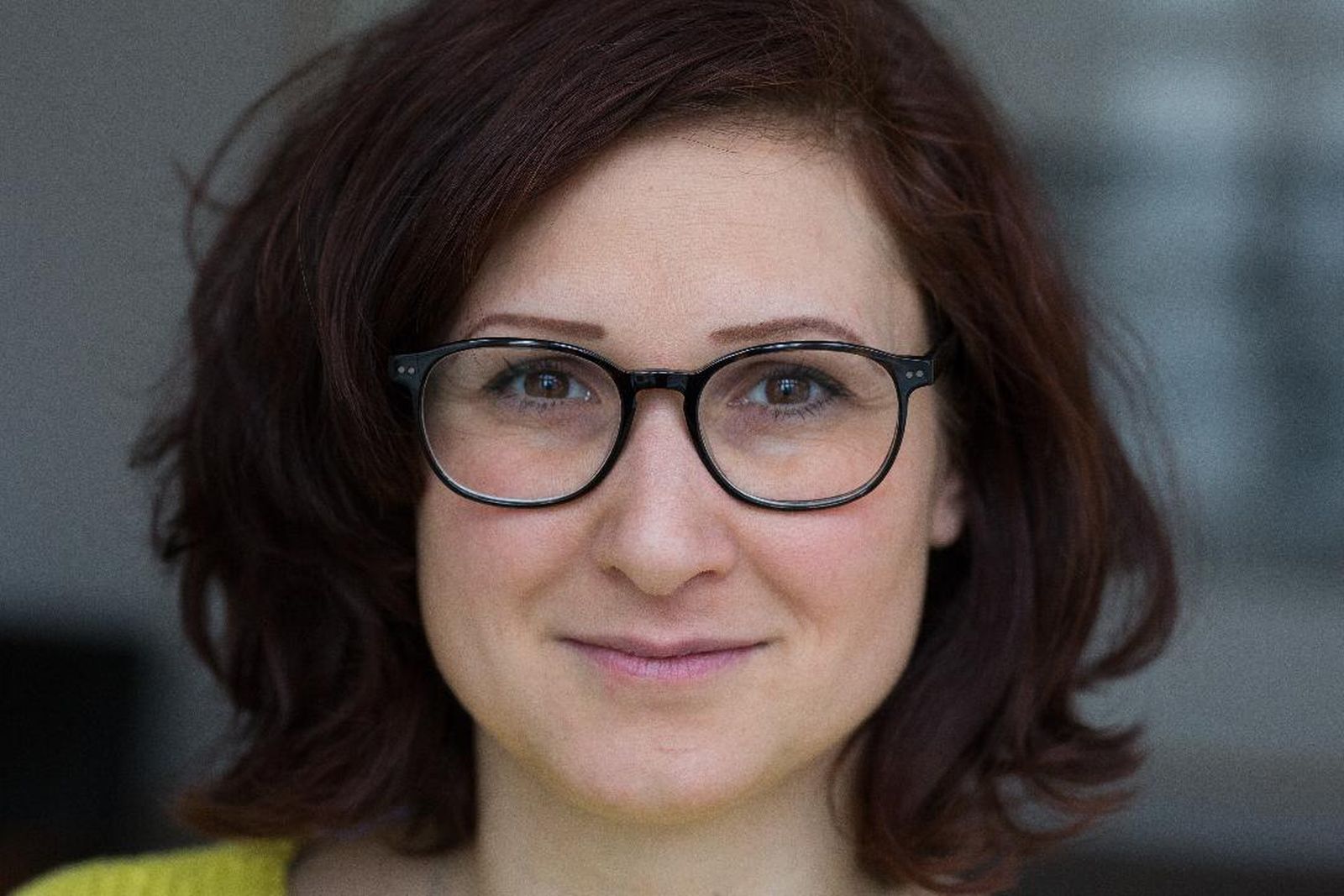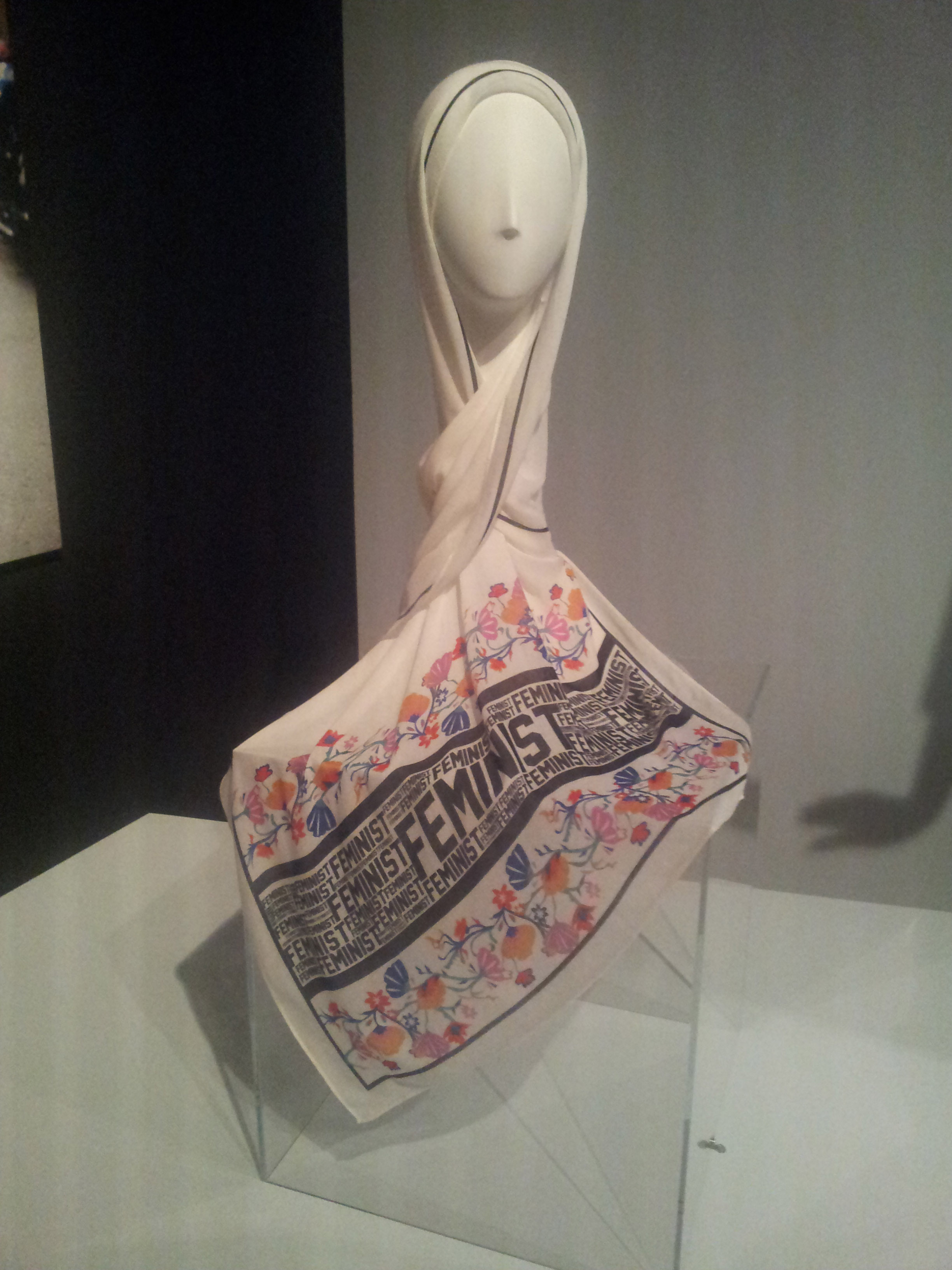Summer Special
A shy girl becomes the face of anti-racist protests

The film “The Hate U Give” is based on US author Angie Thomas’ debut novel of the same name, which was published in 2017. It is also based on a true story. In 2009, police officers shot an unarmed black man named Oscar Grant in Oakland, California. Thomas’ classmates saw Grant as a criminal, but she saw him as an innocent man who could have come from her own neighbourhood.
“The Hate U Give” started as a short story which Thomas later expanded into a novel. Starr Carter, the main protagonist, is a teenager who knows how to talk in a way the white media see as well-spoken, but who also can present a vivid account of police brutality. Thomas’ work is marked as Post-Blackness-Literature, as she spreads awareness that African-Americans still face discrimination. Just like Starr, the author attended an almost all-white college and had to shift back and forth between her white college- and black neighbourhood environments. Therefore, “The Hate U Give” has an autobiographic element.
One day Starr is driven home after a party by her friend Khalil Harris, when they are stopped by a police officer. The officer orders Khalil to get out of the car. As Khalil leans into the window to check on Starr and reaches for a hairbrush, the officer shoots him, because he mistakes the hairbrush in Khalil’s hand for a gun.
Khalil’s story is all over the news, but Starr’s connection to him and her identity as the witness are being kept secret from everyone apart from her and Khalil’s families. Keeping silent puts her under pressure, while everyone spreads false rumours and portrays Khalil as a drug dealer with gang connections. In an anonymous interview she defends Khalil, mentioning the King Lords, a drug dealing gang that controls her neighbourhood by means of violence and threats against elderly men and teenagers.
The gang then threatens Starr and her family, forcing them to move in with her uncle Carlos, who is a police detective. Carlos tries to explain to Starr that he is not going to do anything about Khalil’s case, because as a black man in the police, he has to maintain his good reputation. He tries to convince her that it is better to protect her family than to speak up.
After a grand jury decides not to indict the officer responsible for Khalil’s death, residents of Garden Heights, Starr’s and Khalil’s neighbourhood, start protesting and rioting under the banner of “Justice for Khalil”. Starr decides to speak out during the protests and identifies herself publicly as a witness to Khalil’s death.
This causes tensions with her school friends. Hailey Grant, one of Starr’s best friends in high school, even defends the officer who shot Khalil, arguing that he acted correctly if he thought the hairbrush was a gun. She accuses Khalil of having provoked the officer with his sarcastic comments, and thus believes the media more than Starr.
Eventually, Starr becomes the leader of the protests against police brutality in Garden Heights. She is all over the news, depicted as the girl who wants Khalil to be remembered as the caring and loving boy he was instead of a criminal. During the protests she speaks while standing on top of cars, swearing that she will not let Khalil’s name be forgotten.
Although all the protesters are peaceful in the beginning, members of the King Lords mingle with the people and start to firebomb the grocery store belonging to Starr’s father Maverick. Starr and her half-brother Seven become trapped in the store. The two escape with the help of some Garden Heights business owners, but Maverick’s store is almost completely destroyed.
When the protests end, the community starts to rise up against gang-leader King, who goes to jail. Starr promises to keep Khalil’s memory alive and to continue speaking up against police violence against African-Americans and to fight racism.
Starr is portrayed really well by Amandla Stenberg, an American singer and actress, and I like the fact that she grows from a shy girl to a bold leader of the protests. Khalil’s death forces her to realise how present the problem of racism still is in today’s society, even by people who are supposed to protect the community. Throughout the film, she acts as a sign of hope for many of the other characters.
Starr’s role is inspirational, as it shows the importance of speaking up on issues that concern you. „The Hate U Give“ shows that a single individual can get results if she receives enough support from those around her. Starr is a role model in many ways, but most impressive is that she risks her own safety to ensure that her friend Khalil did not die in vain.
“The Hate U Give” deals with pressing issues, such as white privilege, racism and discrimination. I think it is important to spread awareness about how African-Americans are still portrayed as thugs. Thomas wanted to encourage young men and women to speak up and to say what’s on their minds – which she did really well.
I like how the author based the story on actual events and how she tried to give other victims of police brutality a voice through her protagonist. The fact that things like the shooting of Khalil happen in real life is terrifying, but important to know. Aside from that the movie is very well made and especially the protest scenes are very realistic. A few scenes are a bit brutal though, which is why it is good that the movie is not approved for children under the age of 12.
Film
The Hate U Give, 2018, USA, director: George Tillman, Jr.
Sinikka Dombrowski is a high-school student.
euz.editor@dandc.eu











